Toxoplasmosis In Cats – I’m Pregnant, Do I Need To Rehome My Cat?
Excitement is brewing, you’ve just found out that you and your partner are pregnant!Like all expectant parents, you hop on the internet and the first thing you come across is some article telling you that you must get rid of your cat!You ask your GP and your midwife.Shock horror, they tell you the same thing – apparently cats carry a parasite called Toxoplasma gondii that can harm the unborn child!In this article, we explain the lifecycle of this toxoplasma parasite and why toxoplasmosis from cats can be dangerous for a pregnant woman.Thankfully, with care and appropriate measures, you don’t need to rehome your cat.Read on to find out what you need to do to keep safe.What Is Toxoplasmosis
Toxoplasmosis is caused by a small parasite protozoan called Toxoplasma gondii.It is one of the most common parasitic zoonoses worldwide.Cats are the definitive host, meaning that cats are required for Toxoplasma gondii to reproduce.Toxoplasma cysts are often present in undercooked meat especially kangaroo, venison, lamb and pork.Oocytes (eggs) can be found in contaminated water and in rare circumstances, cysts can be transmitted via a blood transfusion or a transplanted organ.Toxoplasma oocytes are found in cat faeces.However, when outbreaks have occurred, water and undercooked meat have been the culprits.Toxoplasmosis In Cats – How Are Cats Infected?
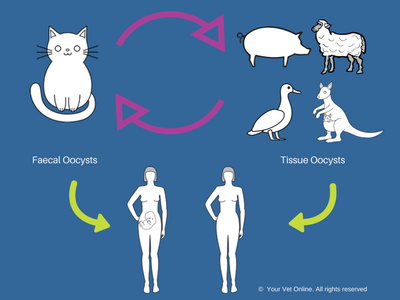 Cats become infected with Toxoplasma by eating meat that contains tissue cysts.For outdoor cats, the meat source is usually a mouse or bird, but these days with many owners feeding raw diets, the cysts could be found in any raw meat.Cats usually don’t show any symptoms of infection.When the parasite is eaten, it moves to the small intestine where it multiplies and reproduces.The cat then sheds more than 100 million oocysts (eggs) in its faeces over a period of 2-3 weeks.The oocysts in faeces contaminate grass, vegetables and water where the infected cat has defecated.When other animals eat this contaminated produce or water they too become infected. These animals then become part of the life cycle of the parasite, developing tissue cysts in their body.If these animals are eaten, this can infect the next animal, so the cycle of infection continues.If the animal or person who ingests the cysts is pregnant, the organism can then affect the developing foetus.This is when things get scary.Toxoplasmosis in pregnancy can be deadly leading to stillbirth or miscarriage or cause serious birth defects or problems after the baby is born (congenital toxoplasmosis).
Cats become infected with Toxoplasma by eating meat that contains tissue cysts.For outdoor cats, the meat source is usually a mouse or bird, but these days with many owners feeding raw diets, the cysts could be found in any raw meat.Cats usually don’t show any symptoms of infection.When the parasite is eaten, it moves to the small intestine where it multiplies and reproduces.The cat then sheds more than 100 million oocysts (eggs) in its faeces over a period of 2-3 weeks.The oocysts in faeces contaminate grass, vegetables and water where the infected cat has defecated.When other animals eat this contaminated produce or water they too become infected. These animals then become part of the life cycle of the parasite, developing tissue cysts in their body.If these animals are eaten, this can infect the next animal, so the cycle of infection continues.If the animal or person who ingests the cysts is pregnant, the organism can then affect the developing foetus.This is when things get scary.Toxoplasmosis in pregnancy can be deadly leading to stillbirth or miscarriage or cause serious birth defects or problems after the baby is born (congenital toxoplasmosis).What Is The Incidence Of Congenital Toxoplasmosis?
As mentioned above, Congenital toxoplasmosis is a disease that occurs in a foetus when infected with the protozoan parasite Toxoplasma gondii whilst in utero.It can cause miscarriage, stillbirth or disease in the newborn child.Incidence varies depending on the development level of a country.
Developed countries have a declining seroprevalence (people are less infected) whereas some developing countries have either a stable or increased seroprevalence.Conditions such as water sanitation, meat hygiene, and government health policies can impact toxoplasma seroprevalence as much as the health standards of individuals.The incidence of congenital toxoplasmosis is quite country-specific.In the UK incidence is very low 0.34 per 10,000 live births, while the USA and Europe range between 1-2.9 per 10,000 live births and up to 9 per 10,000 live births in countries such as Brazil.Australia has an incidence of around 0.17 per 10,000 live births.Do I Have To Rehome Our Cat When I Get Pregnant?
Most toxoplasmosis infections are caused by ingesting tissue cysts from infected meat and from accidental ingestion of contaminated soil either while gardening or from unwashed vegetables.The vast majority of people infected by toxoplasmosis are not infected directly from a cat.
It is extremely unlikely that you could get infected with toxoplasmosis from contact with a cat.
Indoor cats fed a biscuit or tinned commercial food are at low risk of having Toxoplasmosis.Feeding your cat raw meat does increase the risk, particularly if your cat is feed kangaroo or wild-caught products.Outdoor cats who hunt are more likely to possibly have toxoplasmosis.Again, the risk of transmission via your cat is low.Prevention Of Toxoplasmosis
If you are pregnant you can have a blood test to see if you have previously been infected with toxoplasmosis.
Many people who have been infected with the organism do not become unwell but will have a positive antibody test.
Toxoplasmosis in cats is not as common today as it was in the past, likely due to better meat inspection processes.
With a little care and attention to food and water hygiene, your risk of getting this disease is low.
Keeping your cat indoors and feeding cooked meat or a commercial diet will go a long way in lowering your risk.
Avoid Toxoplasmosis Infection By Taking The Following Precautions
Wear disposable gloves when handling raw meat and wash your hands well afterwards. Wash all utensils that are used to handle raw meat. Freeze meat for 10-14 days at -18 degrees. Only eat well-cooked meat, be especially careful when consuming kangaroo and lamb. Wash all fresh produce before you eat it. Wear gloves when gardening and when handling root vegetables. Always wash your hands well after preparing vegetables, especially root vegetables. Do not drink unpasteurised milk. Change cat litter daily and wash litter trays in hot (>70 degree) soapy water. Litter should be changed by another household member if you are pregnant, or wear gloves. Preferably keep your cat indoors to discourage hunting. Feed cats commercial food only – this does not include packaged food that includes raw pet meat. If you want to feed your pet a raw diet make sure you freeze any meat for 14 days or only feed them cooked meat.

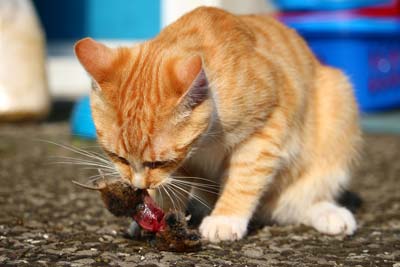
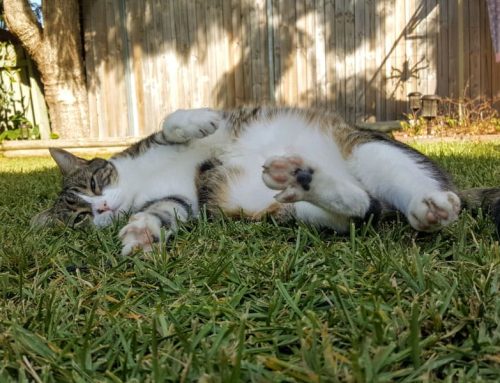
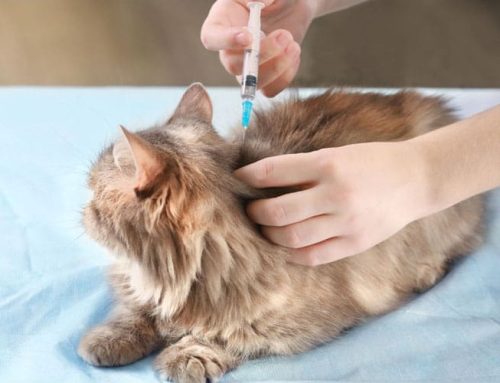
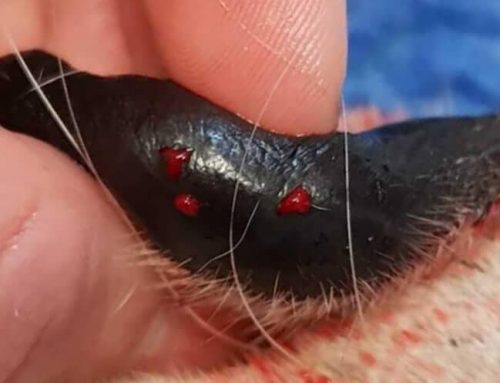
All important tips. My girlfriend had indoor cats. Once she became pregnant, her husband took care of the cat litter. She’s had two children with no problems and her husband was in the habit of taking care of the cats and their litter, so she never resumed that chore.
Great to hear! Kind of a good chore to let the hubby do too! ;)
Thanks for the info! I’ll be sure to watch our cat for signs of this disease!
Thanks Lisa, you will be interested to know that nearly all cats show NO signs of disease and are not affected. So you can rest easy. This, doesn’t mean they aren’t carriers though. The big take home point is that Toxoplasma can be picked up very readily from poorly cooked meat and dirty vegetables/water.
Great advice for us cat owners! Thank you!
Great advice for us cat owners! Thank you!
Thanks Ritu!
This is such a useful article. As a cat owner trying for a baby I’m glad to have come across this as I had no idea. I’ll be sure to be very careful once I’m pregnant.
Hi Jean, thanks for the comment! Don’t stress too much. Just practice good hygiene. You are more at risk from eating poorly cooked meat and dirty vegetables/water.
All the best!